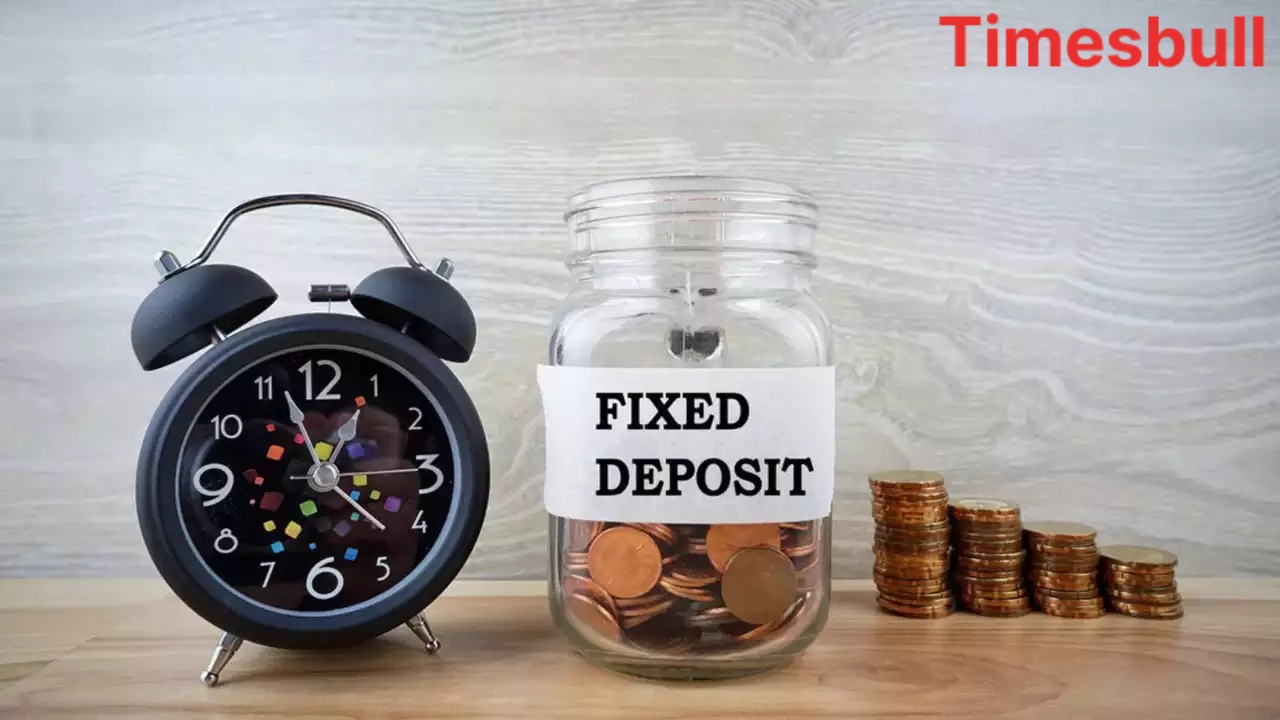Fixed Deposit (FD) is a widely favored and secure investment choice among individuals in India, providing guaranteed returns to investors. Currently, major government and private banks in the country are offering interest rates ranging from 7.25% to 8.05% on deposits. In contrast, Non-Banking Financial Corporations (NBFCs) tend to offer higher interest rates compared to commercial banks, making them appealing to investors seeking better returns on their savings. However, this raises the question: is it prudent to invest in NBFCs?
Are investors’ funds secure in NBFC Fixed Deposits, or do they carry risks? It is crucial to consider several important factors before making an investment. Those looking for enhanced returns on their savings should review these aspects prior to investing in NBFC FDs.
Investment decisions should not be based solely on interest rates
Should the primary factor in choosing an FD be the institution offering the highest interest rate? The straightforward answer is that investment decisions should not be based solely on interest rates. It is essential to recognize that institutions with higher risks often attract investors by presenting elevated interest rates. Nevertheless, this does not imply that interest rates should be disregarded. It is advisable to examine the current interest rates offered by various NBFCs for 1, 2, and 5-year FDs.
While it is important to consider the returns, attention must also be given to the safety of your capital and the assurance of returns. Taking certain precautions is vital if you intend to invest.
How to measure risk factor
A practical method to assess risk is to review the credit rating of the NBFC. This rating helps investors gauge the reliability of the NBFC for investment purposes. A higher rating indicates a more trustworthy institution for investment. Therefore, it is advisable to invest only in the most reputable institutions with AAA or similarly high ratings.










